DO CATS CATCH COLDS? HOW TO DEAL WITH IT
Have you wondered if do cats catch colds? It is not uncommon to wonder if a cat can be affected by what we call cold. A cat owner can be quite concerned if his cat starts showing symptoms of a human cold. It is important to know if a cat can get a cold and respond if it happens.
Cats can be affected by a feline viral upper respiratory disease, what we commonly call cold, or flu. Cats do not get the common cold that humans use to get. In fact, human cold and cats cold are caused by different viruses. Cats can sneeze, have a running nose, congested nose, watery eyes. They may eat less. They can drool. You can also note a yellow discharge on their eyes, fever, and other cold symptoms.
Let’s see what can happen and how to deal with it.
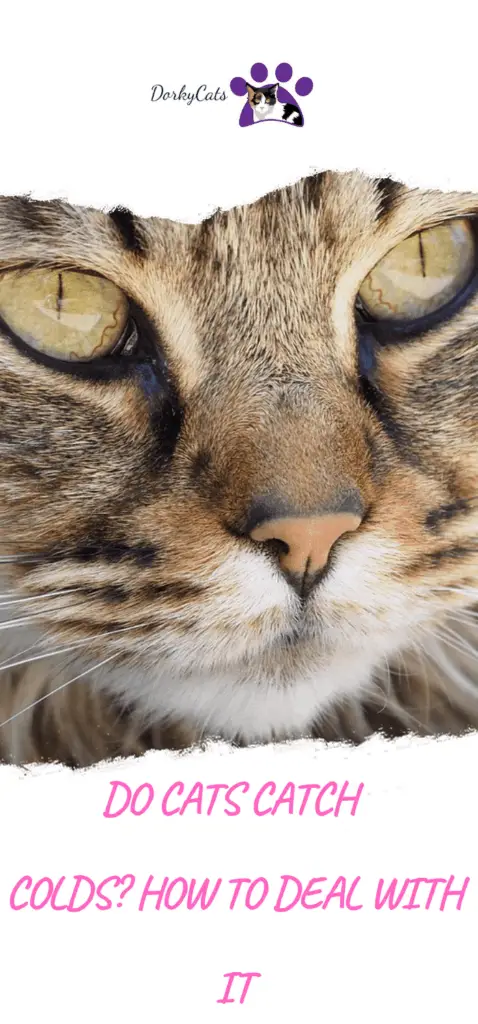
WHAT IS A CAT COLD?
Cats cold or feline upper respiratory diseases are caused by viruses (and sometimes bacterias) specifics for cats. Humans can get a cold from viruses that are specifics for them. Therefore cats can’t get viruses that cause colds in humans and vice-versa. In some cases, some cat breeds are susceptible to get viruses from humans, but normally it is not the case.
Therefore, cats get viruses from viruses that are specific to their species. Such viruses attack their respiratory system creating a similar manifestation of a human cold.
You can suspect your cat has a feline upper respiratory infection (URI-Upper Respiratory Infection) or cold by the following symptoms:
- Nose running
- Eyes watering
- Sneezing
- Fever
- Appetite loss
- Enlarged lymph nodes
- Yellow or green discharge from nose or eyes
- Coughing
- Open-mouth breathing
- Sometimes ulcers on the eyes, mouth, or nose.
- Lethargy
- Dehydration
HOW DO CATS CATCH COLDS?
Cats do not catch colds because they go out in winter or because they get wet. A cold is transmitted by contact with other cats that already have a cold virus or an already infected environment.
It is more common for a cat to get a cold when surrounded by many other cats, like in animal shelters or in a situation where many cats live together. In fact, some cats can carry the virus without showing any symptoms. A cold can be transmitted through a sneeze or saliva droplets, or eye discharge.
Since cats like to groom each other, sleep together, and use the same bed, it is easier for a cat to catch a cold when many other cats are around. In some instances, viruses that cause a cat cold can be found in water or transmitted through the air.
Indoor cats have fewer chances to catch a cold than cats that are crowded or live together outside or in a small space.
HOW TO PREVENT CATS TO CATCH A COLD
It is even possible to do prevention with cats cold? Surely we can’t tell our cats to not groom each other, or to stay away from each other. But, we can make sure that certain things are done to prevent viruses to spread and keep cats away from colds.
Here some things we can do to keep our cats more safe:
CLEAN THE HOUSE OFTEN
Make sure your home is clean. It is good to use vacuum cleaners and wash the floor and surfaces often with disinfecting products.
KEEP YOUR CAT BED CLEAN
Wash your cat bed often. Do the same with all the things you can use to sleep on. Do the same for every surface or hidden spot where he likes to hide or sleep.
MAKE SURE THE LITTER BOX IS KEPT CLEAN
The litter box can be a source of bacteria and viruses. Make sure to scoop the litter often and to clean the litter box at least once a week. Use a type of litter that takes into account your cat’s hygiene.
CATS VACCINES
There are vaccines for cats. It can help prevent cats from catching colds; vaccines are ineffective for cats that already have a cold. Therefore it needs t to be done as a preventive method and not as a cure. You should contact the vet to see how to get it done for your cat.
CURE AND REMEDIES FOR CATS COLDS
Colds in cats, similar to colds in humans, do not have a cure; normally, it runs out after a while. A vaccine is useful before contracting a cold and not during. A cold in cats can last for 1 or 2 weeks. Sometimes a cat can continue sneezing for longer, but they run out on their own.
Some things can help a cat get rid of the cold and get through it more comfortably. Here is what you can do to help your cat through a cold:
- Help him clean his eyes and nose: cats can’t blow their nose, and they can’t reach their eyes easily with their paws. Therefore with a warm cloth, clean his eyes often, and blow his nose. If there is a discharge from his eyes or nose, make sure to remove it.
- Water: make sure your cat is drinking water. Sometimes cats do not want to drink or eat when they have a cold. You may need to make him drink. Water helps the cold to run out. Sometimes it is necessary to bring a cat to the vet to get him fluids. If you see that your cat is not drinking, bring him to the vet to get hydrated.
- Food: Cats with colds are less likely to eat; you should try to make your cat eat; maybe you can also try warming up the wet food. Cats can’t smell when they have a cold. If you warm up wet food, it may smell much more, and your cat may be able to smell it and eat it.
- Warm place: your cat may feel he want to cuddle somewhere. Try to make him a warm place where he can hide and rest.
- Steam: Steam from a hot shower, or any other way, can help a cat free-up his respiratory tract.
- Keep clean: If your cat is sneezing a lot or discharging a lot, keep clean the place where he sleeps and around the house.
- Vitamin C: a natural remedy could be to mix vitamin C with his food.
If you see that your cat doesn’t drink or eat after 1 or 2 days, it is necessary to seek veterinary attention.
WHAT TO DO IF YOU HAVE MORE THEN ONE CAT
Sometimes a cat gets a clod, but not the others; in this case, what to do?
A cat with a cold is contagious to other cats, so if only one of your cats has a cold, the best is to keep him separated from the other cats in the household.
I realize that not always this is possible. However, it is best to do it to avoid to have all your cats catching a cold.
For outdoor cats: if you see they are having a cold, it is better to keep them inside until fine. Most probably, they do not want to go out either.
RELATED QUESTIONS
Here some related questions and answers:
- Do cats colds go away on their own?
Normally a cat cold goes away after 1 or 2 weeks. Sometimes it can take longer for your cat to get rid of it. Make sure they have water, food, and a warm place. If they do not eat independently for a longer period of time, bring them to the vet.
- Can cats catch colds from humans?
Normally cats can’t catch a cold from humans and vice-versa. Viruses that attack cats are not the same that affect humans. There are other illnesses that cats can pass on to humans, but colds are not amongst those.
I had cold several times since I had my cats, and none of them got it from me, and some of them have been coming very close to me.
- Can cats catch a cold from being in the rain?
Cats do not catch a cold from being in the rain. As such, the rain and the fact that cats become wet are not causing them to catch a cold. Colds in cats are transmitted by direct contact with a virus, either by airborne particles or actual contact. If the rain or the cat’s environment contains viruses, he can get a cold.
An outside environment can contain parasites, viruses, bacterias, and so on. Contact with them can cause illnesses.
CONCLUSION
Cats can catch colds, and it is important to know the symptoms, how to prevent it, and how to deal with it once it happens.
I hope you found a good answer to your question. If you have any questions or want to add something, leave it in the comments below.

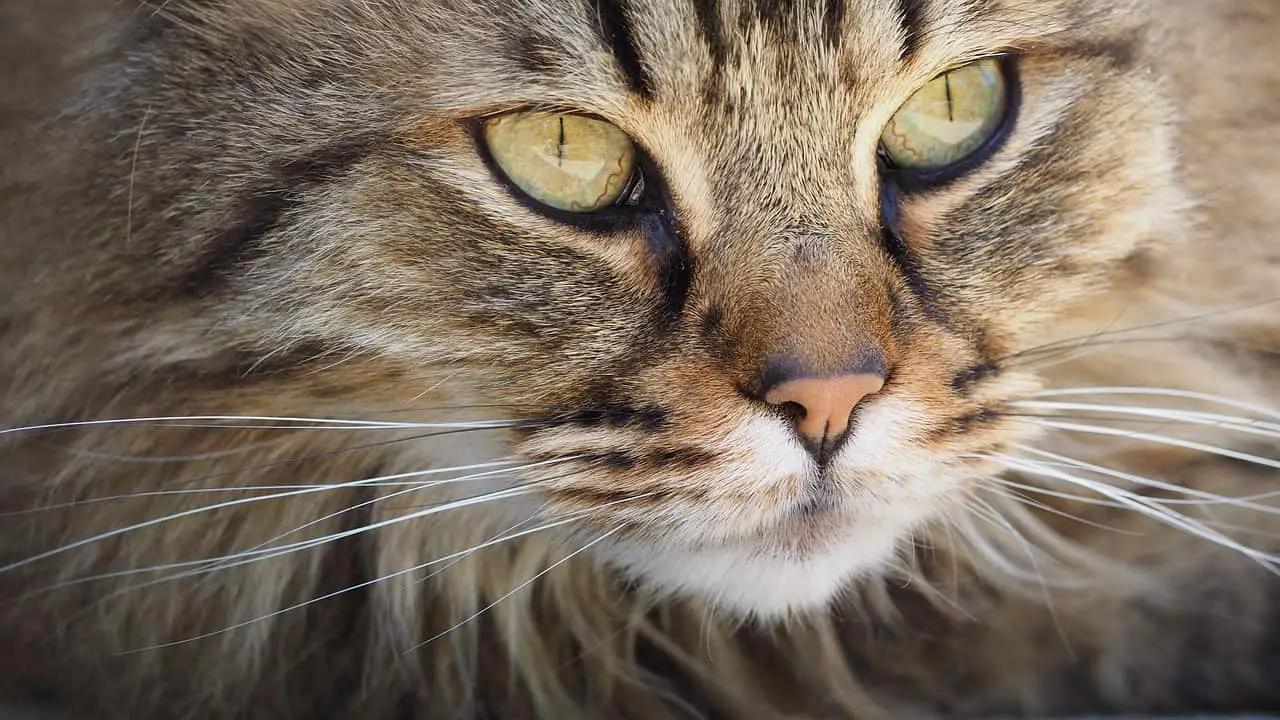
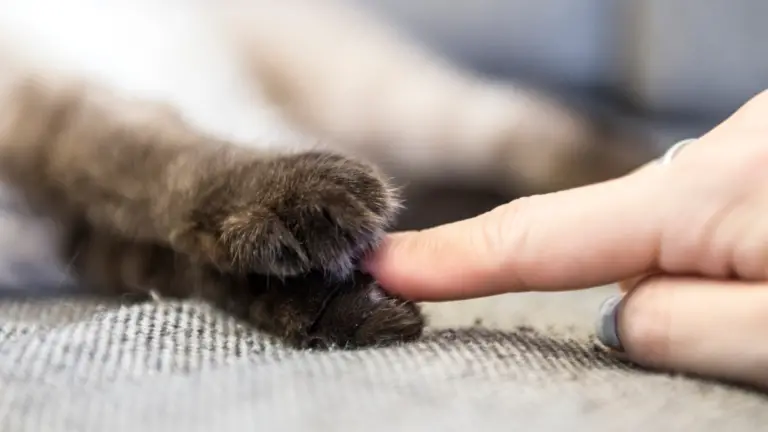
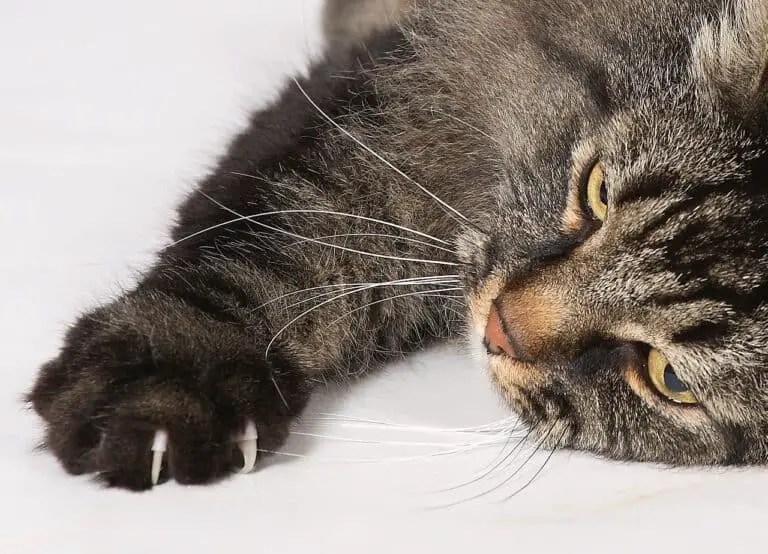
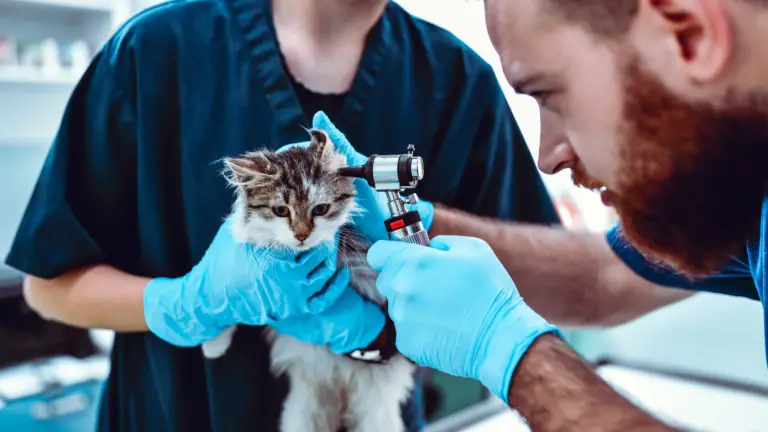
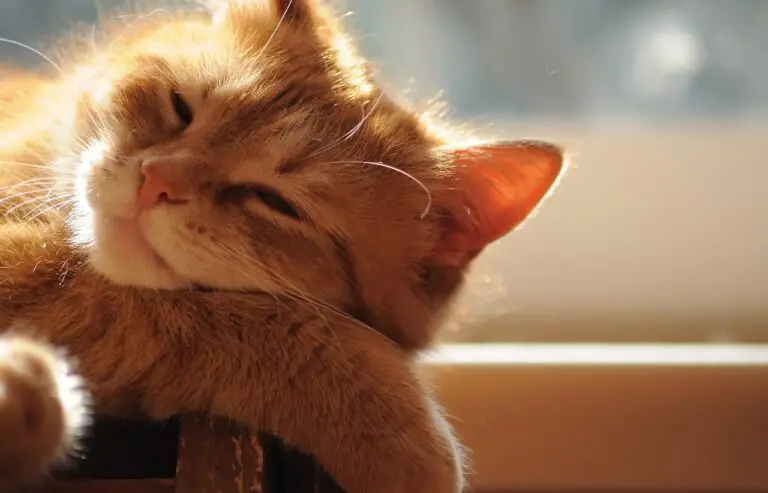
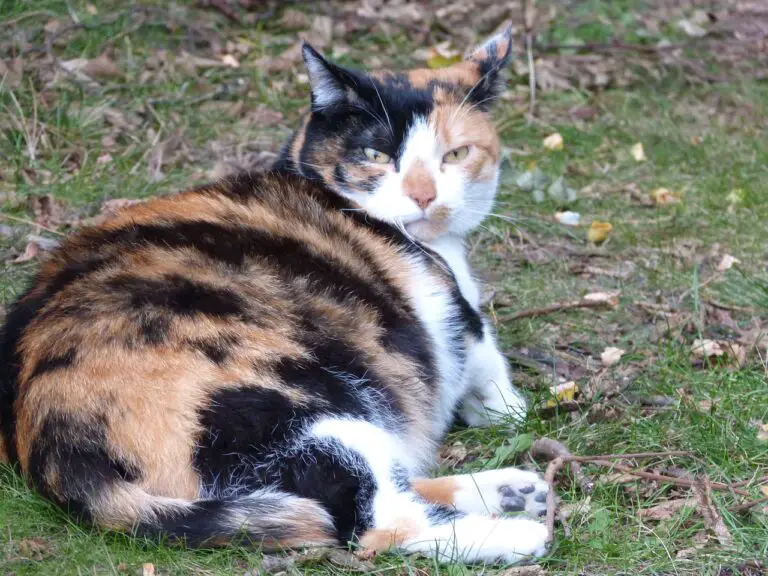
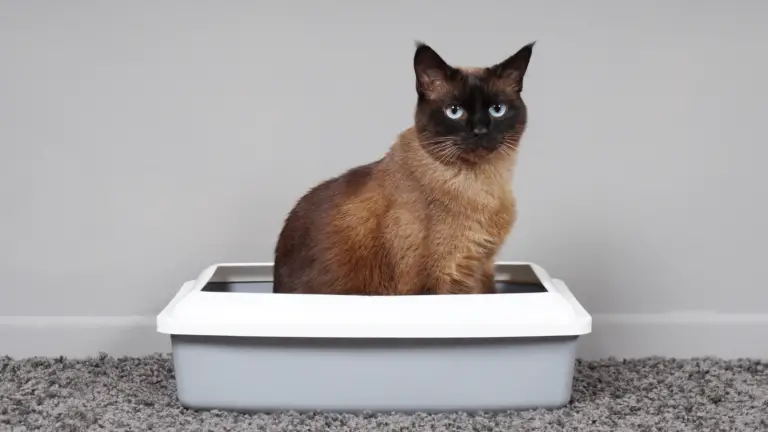
It’s true, the rumor is out…Cats do get colds. As with people, cats can get upper respiratory infections. This is not to be confused with the common cold that humans get.
The subject of this blog article is to explain to our readers how to identify what differentiates an upper respiratory infection from a cold in cats, why it happens, how long it lasts, and what you can do about it.